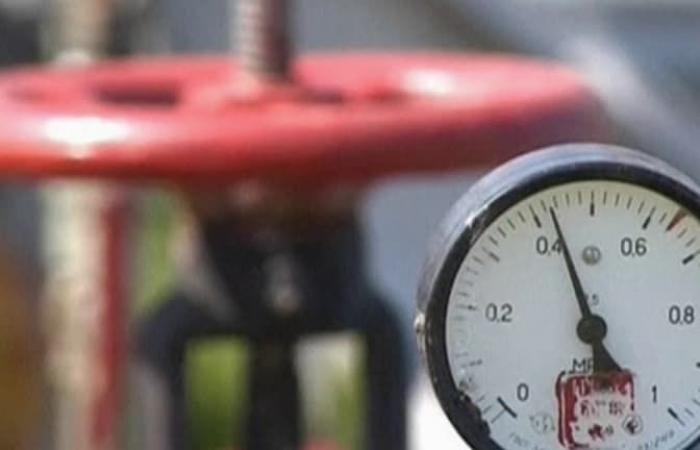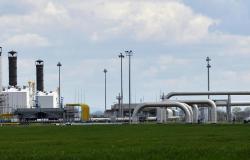Almost 20% of European gas still comes from Russia, via the Turkstream gas pipeline and liquefied natural gas shipments – compared to around 45% before 2022.
The European Commission proposed on Tuesday to definitively put an end to the imports of Russian gas by the end of 2027, a difficult challenge as the dependence of Europe is still important.
“Today, the European Union sends a very clear message to Russia: we will never allow Russia to use energy as a weapon against us,” said European Commissioner Dan Jorgensen, by presenting the plan to the European Parliament.
The roadmap project, which can be modified before its publication, specifies that the executive body of the European Union will present its legal proposals in June, which will have to be approved by the European Parliament and by a qualified majority of countries of the European Union.
“If it is implemented in accordance with the developments of the global market and reliable suppliers, the gradual abolition of Russian gas imports should have a limited impact on energy prices and the security of supply in Europe,” said the document.
Obligation of transparency for European companies
The roadmap also provides for European companies’ obligation to disclose the volumes and the duration of their Russian gas supply contracts. However, it does not specify which legal options The European Union plans to use to allow companies to break their gas contracts with Russia without incurring sanctions.
The member states of the European Union will be required to develop national plans for the progressive elimination of Russian gas, and oil in the case of Slovakia and Hungary, which import even more than 80% of their oil from Russia. About 19% of European gas still comes from Russia, via the Turkstream pipeline and liquefied natural gas shipments – compared to around 45% before 2022.








